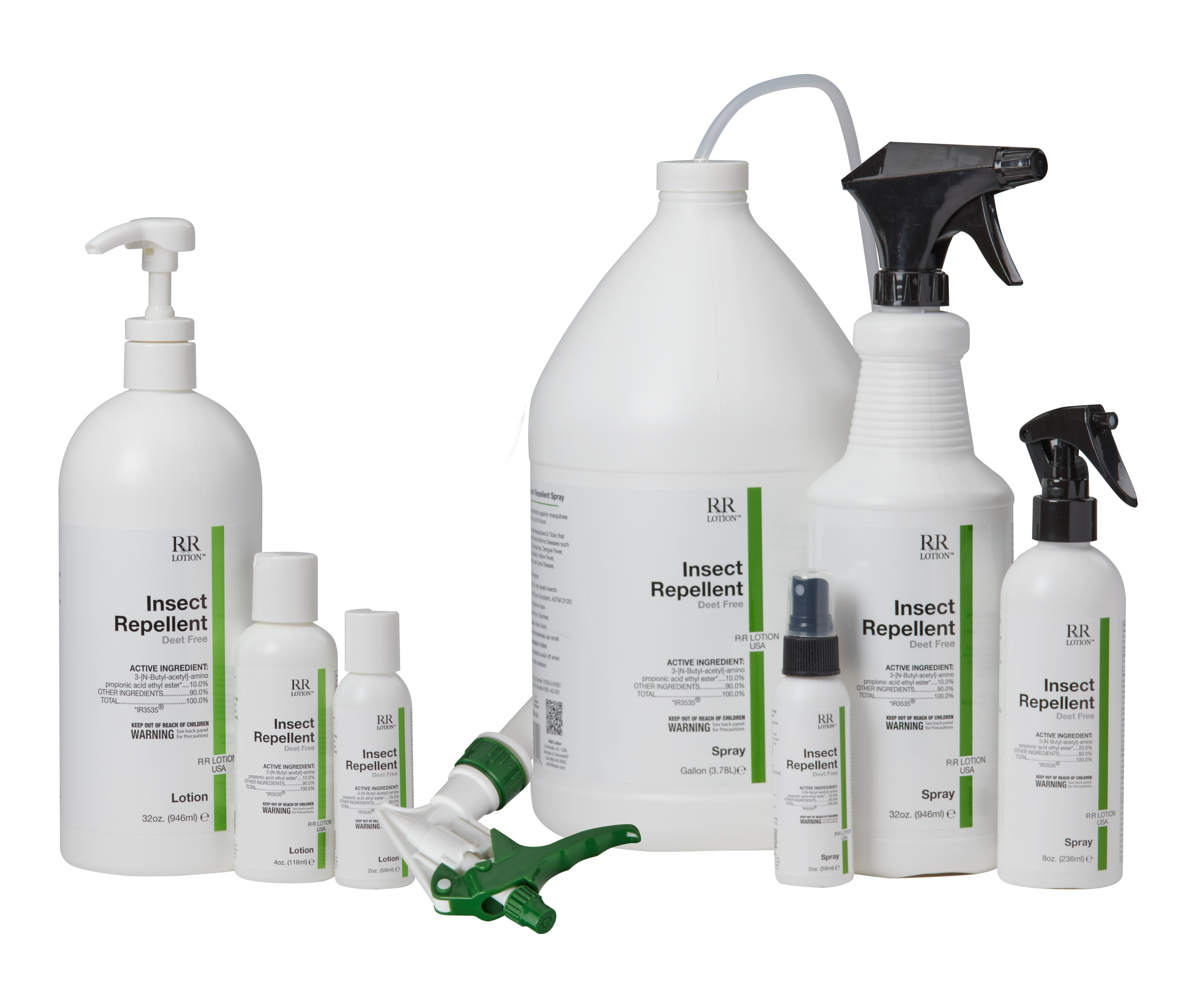The Overlooked Dangers of Linemen Work: A Deeper Look at One of the Most Challenging Jobs
Utility companies need to look beyond the high voltage dangers and address the less visible but equally significant threats linemen face. Because protecting our linemen isn’t just about the immediate risks; it’s about their long-term well-being too.
By: Richard Rich
With thousands of volts of electricity surging through their hands, utility linemen occupy one of the most perilous professions in the world. They climb daunting heights, negotiate treacherous weather, and grapple with a constant risk of electrocution, making it not just physically demanding but mentally taxing. This article delves into the hard-hitting realities of being a lineman and the need for comprehensive protection measures that address both immediate and long-term health threats.
Every year, the lineman profession consistently ranks among the most dangerous jobs. The Bureau of Labor Statistics reports that electrical power-line installers and repairers have a fatality rate of 20.3 per 100,000 full-time workers, nearly five times the national average for all occupations. In 2019 alone, there were 29 fatal injuries and 1,490 nonfatal incidents, predominantly from exposure to harmful substances or environments and falls, slips, or trips.
Electrocution, a primary concern, accounts for a significant percentage of these fatalities. However, death or injury can also result from falls from high structures, being struck by objects, or transportation incidents as workers often must travel to remote locations. Yet, these immediate risks only scratch the surface of the myriad challenges linemen encounter.
Beyond the apparent hazards lies a spectrum of long-term health concerns that utility workers may face after years of service. Continuous exposure to the elements places linemen at risk for a variety of issues. One under-discussed threat is the high risk of skin cancer resulting from years of unprotected exposure to Ultraviolet Radiation (UVR).
Research has shown that linemen experience three times more UV exposure than other professions, substantially increasing their risk for non-melanoma skin cancer (NMSC) and melanoma. These conditions can have severe health implications if not identified and treated early, further underscoring the importance of proactive protective measures like sunscreen.
Likewise, the nature of a lineman’s work – often in wooded or grassy areas – puts them at a higher risk for tick bites and the associated Lyme disease. The CDC reports approximately 30,000 confirmed cases of Lyme disease each year, but the actual number is thought to be significantly higher due to underreporting. It is a potentially serious illness that, when left untreated, can spread to the joints, heart, and nervous system, causing long-term complications.
Given these myriad risks, it is clear that utility companies bear a significant responsibility to ensure the safety and wellbeing of their linemen – not only by providing safety gear to mitigate the immediate dangers but also by proactively addressing long-term health risks. Personal protective equipment should include not only hard hats, gloves, and safety harnesses, but also broad-spectrum sunscreen and insect repellent.
The burden of lineman safety should also extend to education. Utility companies need to educate their workers about the full scope of risks associated with their profession, from the apparent to the less visible. This includes informing workers about the cumulative risks of UV exposure, the importance of regular skin checks, the dangers of tick bites, and the symptoms of Lyme disease.
In conclusion, while linemen work may be one of the most hazardous jobs due to the immediate risks involved, the long-term health threats should not be underestimated. Utility companies need to look beyond the power lines and into the fields, woods, and skies where their workers spend their days, ensuring they are fully protected from all dangers, seen and unseen.
About R&R Lotion
As part of a comprehensive public health strategy, ensuring outdoor workers, especially linemen, are equipped with appropriate protection against harmful solar UVR and insect-borne diseases is crucial. Beyond traditional personal protective equipment, the regular use of specially-formulated sunscreen and insect repellent is vital in mitigating the long-term risks associated with their profession – skin cancer from excessive UV exposure and Lyme disease from insect bites.
To learn more about how we can help protect your outdoor workforce, or to request samples of our products, please don’t hesitate to reach out. You can also schedule a UVR or Insect Prevention Seminar for your employees or organization to further enhance their understanding of these risks and how to effectively counter them.
Take a moment to fill out this form and take the first step towards creating a safer, healthier working environment for your team. At R&R Lotion, our commitment is not just providing products, but empowering through education, fostering a culture of safety that lasts a lifetime.








